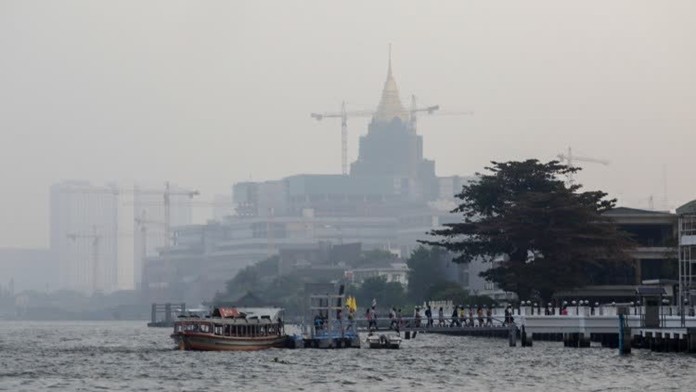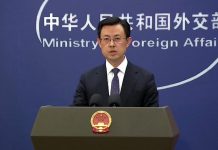
BANGKOK– The World Health Organization (WHO) has commended Thailand on its efforts to address high levels of particulate matter of 2.5 microns or less (PM2.5), while suggesting the country adopt its air quality guidelines.
Dr. Lesley Onyon, a WHO representative, said today that Thailand has shown its commitment to raising awareness and providing information about the PM2.5 issue to the public. As a result, many people have become more alert about the situation. Relevant agencies will have to do more to raise public awareness about the primary sources of PM2.5 and encourage people to help reduce vehicle emissions by using public transport.
According to Thai standards, the safe level of PM2.5 is 50 micrograms per cubic meter of air, but the WHO air quality guidelines say that PM2.5 exposure during any 24-hour period should not exceed 25 micrograms per cubic meter. Thailand, as a developing country, will consider various factors, such as the environment, society and the economy, before gradually adjusting its safety threshold to match the WHO guidelines. There are no obligations, but the country will determine the most appropriate level according to the situation.




